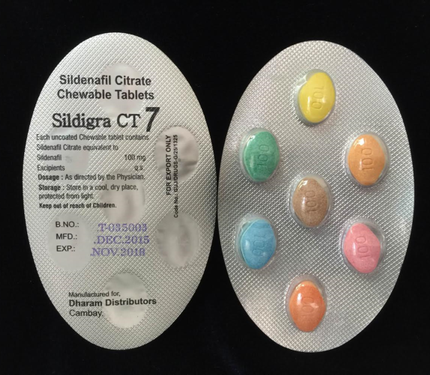There’s a saying— “To achieve something, you have to lose something.”The phrase fits perfectly for the people who are suffering from cancer and want their lives to roll back to peace.
The cancer patients who experience hardship in surviving see their sex lives as detriment after the treatment because that’s the best barter— life for sex life.
But that’s not permanent. You can regain your sex life even after the treatment— a little understanding and a bit of time could give back the lost sexual glory.
So, let’s look at some of the adversaries of the treatment and their impact on sex life.
The loss of hair and the dying confidence
It’s a well-established fact that cancer treatments such as chemotherapy or immunotherapy lead to hair loss in the whole body. Sex is all about feeling good about one’s body.
With hair loss, people often lose their confidence and start despising their self.
Moreover, they develop a fear that their partners might lose interest because— “unattractiveness repels.”
In general, sex life takes a toll because the person doesn’t feel confident about themself and ends up ruining the sex life.
The challenge of achieving or sustaining an erection
Several cancer therapies and surgeries like hormonal therapy and chemotherapy snatch men’s ability to get a firm erection.
In prostate cancer— cancer caused by the extreme secretion of testosterone— the cancer medication suppresses the overall secretion of testosterone.
The reduced level of testosterone might lead to a fallen sex drive (libido) and erectile dysfunction.
The women ailing from breast cancer seek medical attention which subdues the estrogen and increases the progesterone.
Again, this causes hormonal imbalance, and women observe the loss of libido (the sexual urge).
The mood-deficit
A combination of free will and a free mind is sex. The mood-deficit sex doesn’t deserve to be called sex. With cancer and its medication, a lot of things get modified in the bedroom.
As the treatment leads to anxiety and depression, the person is likely to feel out of place during sex life sessions.
The stressed mind releases cortisol hormone which potentially takes away the joy of sex and even the stimulation.
The relationship starts falling apart, and the couples fail to replicate the bedroom scenes that they used to set.
The alteration in genital response
Women who take hormonal or immunotherapy to mark void the cancer cells often lose control over their genitals.
With sexual stimulation in women, the vagina responds by leaking lubricant liquid so that the sex remains painless.
However, cancer treatment hinders the vaginal lubrication and may make sex very painful.
The painful sex instills fear in the minds of the women, and they avoid sex until the vaginal dryness disappears or they use external lubricants.
The ever-changing weight
The cancer treatment has different outcomes on the different kinds of bodies.
While some patients waste away with the treatment, a fair amount of patients gain weight.
The specific type of therapy increases the circumference of the body because some drugs cause water retention— the action that makes the patient feel bloated or heavy.
With their ever-changing weight, they might not have satisfying sex. Again, when it comes to having sex, it’s naturally imperative to feel good about the physical self.
Handling treatment and sex life
The different types of cancer need different kinds of handling.
- If you have had your organ removed and transplanted during the treatment, discuss with your partner whether you’d like to get it touched or not.
- Tell everything to your partner about how you feel after the treatment and talk out the measures to improve sexual activity.
- Program your brain to have a new sexual plot rather than clinging to the sexual sessions pre-cancer treatment. Instead, write a unique history by exploring new possibilities.














